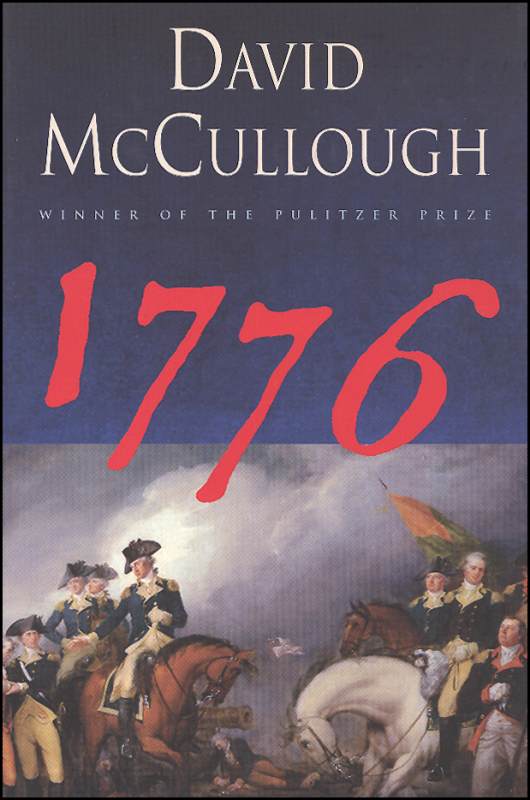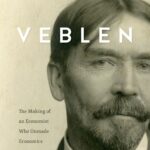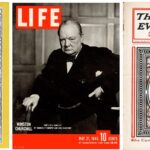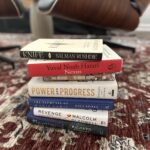David McCullough has a new book coming out next week. I am a huge fan. Here is what the publisher has to say about it. "In this stirring book, David McCullough tells the intensely human story of those who marched with General George Washington in the year of the Declaration of Independence — when the whole American cause was riding on their success, without which all hope for independence would have been dashed and the noble ideals of the Declaration would have amounted to little more than words on paper.
"Based on extensive research in both American and British archives, 1776 is the story of Americans in the ranks, men of every shape, size, and color, farmers, schoolteachers, shoemakers, no-accounts, and mere boys turned soldiers. And it is the story of the British commander, William Howe, and his highly disciplined redcoats who looked on their rebel foes with contempt and fought with a valor too little known. But it is the American commander-in-chief who stands foremost — Washington, who had never before led an army in battle.
"The darkest hours of that tumultuous year were as dark as any Americans have known. Especially in our own tumultuous time, 1776 is powerful testimony to how much is owed to a rare few in that brave founding epoch, and what a miracle it was that things turned out as they did.
"Written as a companion work to his celebrated biography of John Adams, David McCullough’s 1776 is another landmark in the literature of American history."
There’s an interesting column by Rutgers professor David Greenberg about the kind of history that McCullough writes and that of academic historians (he dubs the more popular variety ‘heritage’ as opposed to ‘history’). He states something to the effect that reading such a book is similar to visiting a memorial; readers are looking for an uplift to their ideals rather than serious scholarship.
"[1776] will drive many academic historians up the wall," writes Greenberg. "Our exasperation will stem partly, to be sure, from envy of McCullough’s undeniable gift for storytelling and of his smashing popularity. But my academic colleagues will (or should) raise legitimate objections to the approach of a book like this—the surfeit of scene-setting and personality, the meager analysis and argument, the lack of a compelling rationale for writing about a topic already amply covered. McCullough’s fans won’t care. They typically have little use for what they regard—not always wrongly—as the narrowly focused, politically correct, jargon-clotted academic monographs that dwell on arcane issues instead of big, meaty topics like politics, diplomacy, and war."
In fact, he argues that the two types of authors are really after two different types of readers. On some levels I agree, but I also think that a single reader can be interested in both types of work. I can speak from experience. Greenberg finds middle ground. "Here’s my best shot at an answer: The key to attracting more readers without sacrificing rigor lies in the ways that historians define their topics. If a book is conceived with only historiography in mind—with academic disciplinary debates and research agendas dictating the focus and the form—it’s unlikely to succeed in the public realm. If it’s conceived without historiography in mind, it’s unlikely to succeed as scholarship. I’d propose what might be called a Goldilocks approach to historiography." It’s a good argument. I’m still going to buy McCullough’s book.






